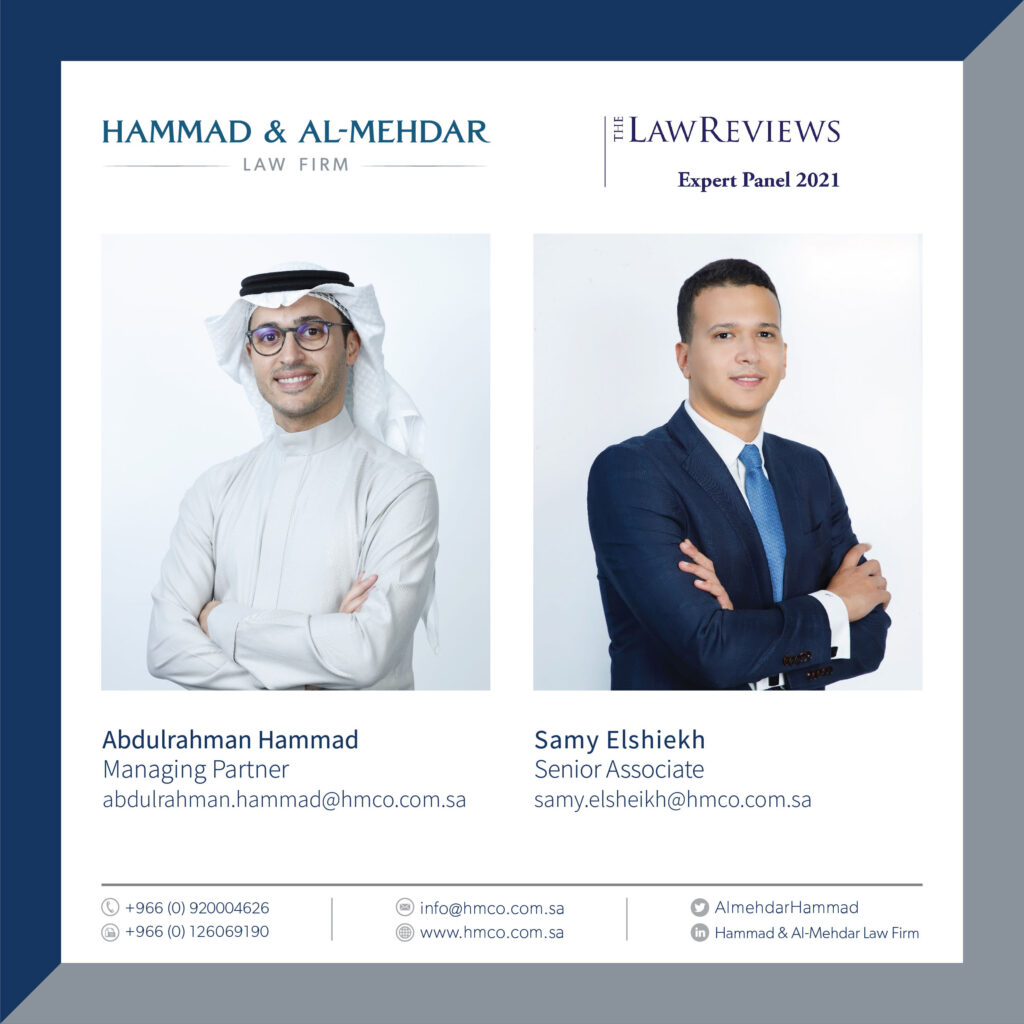Reserved Matters is a term that is used in the corporate management world that refers to a particular set of situations or decision points that are reserved for the approval of a certain person or group of persons. In the private equity and venture capital worlds, such certain person or persons tend to be the investors or minority shareholders.
The existence of these Reserved Matters gives the approving persons a veto right over the company proceeding with actions involving the particular set of situations or decision points identified as Reserved Matters. Shareholders therefore tend to use Reserved Matters to address points of particular risk to them where they feel that the decision making body (board or shareholders meeting), who would otherwise have authority to decide on the situations or points in question, may decide in a manner that is against their interest if it were to proceed on standard (majority) basis. This, in turn, enhances the governance of the company and ensures that its various stakeholders are well represented and catered for.
Reserved Matters are customarily addressed in shareholders’ agreements and negotiated prior to consummating an acquisition or investment. In certain jurisdictions, including ADGM and Saudi Arabia, it is also recommended to reflect the reserved matters in the relevant entity’s constitutional documents to avoid lack of clarity on the enforceability of the provisions.
Protecting Minority Shareholders
Companies laws tend to favor majorities in decision making in relation to companies. A majority of board members is the base for approving decisions before the board, and a majority of shareholders customarily form the base for approving most shareholder decisions. Because of this standard tendency, incoming minority shareholders, especially investors, will wish to protect their interests where they may conflict with those of the majority of the shareholders, or where they may steer the company in a direction that is contrary to their investment purpose.
With the foregoing in mind, it important to remember the timing and agility impact Reserved Matters introduce into the decision-making process, and how requiring the approval of a specific sub-set of decision makers may slowdown company progress and growth. Therefore, where Reserved Matters are established to protect minority interests, it is advisable to also consider quorum and deadlock provisions that can enable the company to push forward without significant delays.
Not Back-Seat Control
It is vital that minority directors or representatives of shareholders entitled to veto rights in respect of Reserved Matters keep in mind that they may owe certain legal obligations to the company, which legal obligations may influence their vote. As such, the abuse of such power to approve Reserved Matters may, at time, subject the shareholders to legal challenges. In general, it is also not advisable that minority shareholders or investors attempt to exert back seat control over a company by deadlocking its decision making through Reserved Matters. Industry best practices is to use Reserved Matters as a shield to protect investors, rather than a sword to exert their influence.
Where the protected minority is a group of persons rather a single shareholder or investor, it is best practice that Reserved Matters are approved by a majority of the protected persons, being shareholders or directors. This reduces the likelihood of having to cater to holdout individual positions, or subject the company to lockups resulting from a very small number of shares.
Types of Reserved Matters
Customarily, Reserved Matters fall into 3 categories: preferred shares or investor reserved matters, board reserved matters, and statutory reserved matters. Let’s take a closer look at each category and what it means for companies and shareholders.
Preferred Shares / Investor Reserved Matters
This type of Reserved Matters is customarily structured to protect preferred shareholders or investors. By invoking such reserved matters, certain decisions that impact the preferred shareholders or investors cannot be made without receiving a “yes” vote from a majority of the shares that includes a majority of the preferred shares or the investors. Decisions that are typically included in Preferred Shares / Investor Reserved Matters include decisions that will:
- Change the terms of the shares in any way at all, no matter how small,
- Create a new class or series of shares, or digital coins or tokens,
- Increase the number of shares available to employees, outside consultants, or investors,
- Cause shares to get repurchased,
- Result in shares becoming listed on an organized exchange platform,
- Cause a subsequent liquidation event,
- Alter the size of the board of directors or managing body and its authorities,
- Result in the dissolution of the company, and
- Permit borrowing above a certain debt ceiling.
Board Reserved Matters
Board Reserved Matters are decisions structured to protect minority shareholders by subjecting certain board decisions to the approval of the minority-elected board members. This typically includes decisions pertaining to:
- Approving the business’s annual budget,
- Giving the green light to a proposed business plan,
- Appointing auditors or changing them,
- Altering the company’s accounting policies,
- Acquiring, redeeming, or issuing shares and equity securities,
- Borrowing or guaranteeing debt, usually above a certain ceiling,
- Agreeing to a settlement including litigation or arbitration for disputes on the company’s behalf, usually above a value threshold.
- Licensing, selling, or transferring company property, whether it be physical, digital, or intellectual,
- Altering the company’s business or entering new business lines,
- Making impactful changes to the company at any level,
- Approving expenditure requests above a certain percentage of the already approved budget,
- Entering into or terminating any contracts with shareholders or other conflicted parties,
- Changing compensation policies as it relates to benefits, retirement plans, healthcare, leave, and salaries, and
- Filing for bankruptcy.
Statutory Reserved Matters
Statutory laws pertaining to companies also customarily provide for certain Reserved Matters, which may or may not be varied. Saudi Arabia’s Companies Law, by way of example, provides for certain situations to be approved by a certain level of share votes, which may or may not be varied by shareholders.
As an example, in limited liability companies, matters requiring a 100% affirmative vote are:
- Deciding to change the company’s nationality
- Making shareholders responsible for debts that exceed half of the business’s share capital
- Financially increasing the liability of the company’s shareholders
and matters requiring a 75% affirmative vote are:
- Agreeing to proposed amendments to the company’s Articles of Association (AoA).
Corporate Advisors
We highly recommend that you consult your lawyers when negotiating or considering your compliance with reserved matters. As you may have gleaned from the above, many of the typical reserved matters are key decision points in the life of the company, and should be weighed expertly.
The attorneys at Hammad & Al-Mehdar represent over 35 years of experience in providing corporate law services in Saudi Arabia and the UAE. Contact us today to discuss how we may be able to support your corporate legal requirements.










